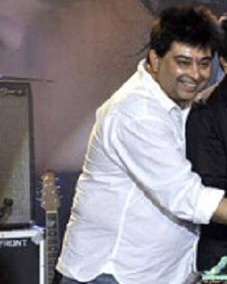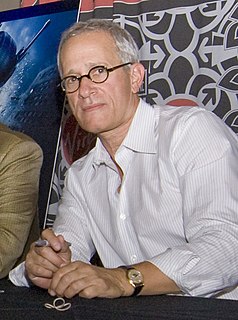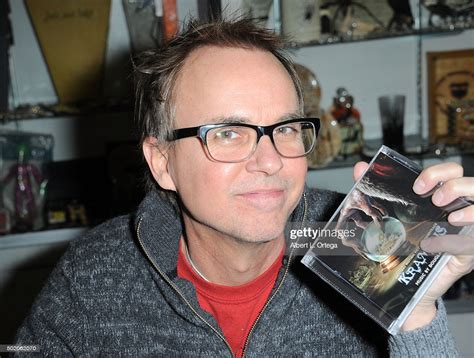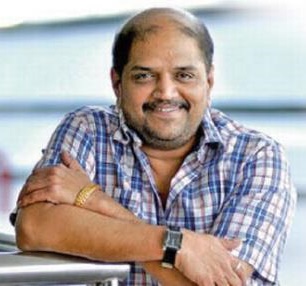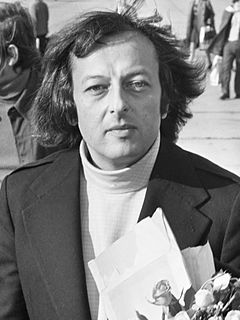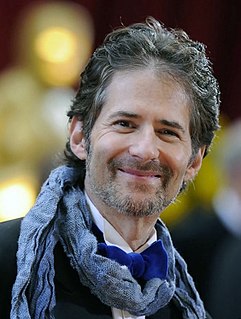A Quote by Jeet Gannguli
Because a composer's soul goes into a film, they should do the entire film, even the background score. If not, then don't do it.
Related Quotes
I was playing in a band and was approached to score an independent film. I had never done it, but had written instrumental music, so I figured I could do it. Turns out I loved scoring the film, and took on another couple films before realizing that if I was to be an effective narrative composer, I should study the craft of composition. I stopped taking projects and got a degree in orchestral music composition, and followed that with film scoring studies. Near the end of my degree studies, I started taking on student films as a way to get back into film scoring.
When I do a film score, I am basically nothing more than a fancy pencil for hire. I don't own any of the music when I am - it belongs to the film company - and likewise, when I am done, even if I come up with something astounding that I may want to revisit... in the world of film composition, you can't do that.
The idea of watching an entire film basically from one person's perspective - and not even really from their perspective, but [it's] probably the most intimately shot film that's in any of these categories. If you're not familiar with Son of Saul, basically it's a film about a Jewish guy who's in concentration camp, but he helps dispose of the bodies after they leave the gas chamber. So, you watch the entire movie looking at Saul's face and looking at his interactions with people.
